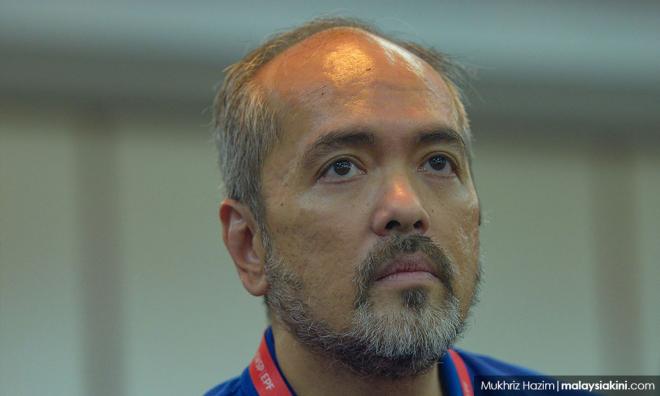
The Employees Provident Fund (EPF) needs to evolve its Strategic Asset Allocation (SAA) as a crisis becomes the new normal, said chief executive officer Tunku Alizakri Alias.
Alizakri (above) said EPF's traditional SSA did not take into account a high crisis period.
"So, it’s about how are you going to go and prepare your organisation to take into account huge swings from volatility," he said in a session on BFM radio.
EPF chief investment officer Rohaya Mohammad Yusof said the preservation of capital was important for the EPF, as 45 percent of its assets in fixed income was allocated mainly for hedging purposes.
She noted that fixed income was one of EPF's top-performing assets in a crisis.
"We still have the majority in fixed income because again, it provides preservation, as well as you see also capital gains but equity will still give us that enhancement (in) which market, which sector and all that.
"That is where we are going to have a little bit more research done, which sector can really change into new businesses," said Rohaya.
Meanwhile, about 70 percent of EPF funds were invested domestically.
Alizakri said the EPF is facing a lot more competition in seeking out overseas assets.
"A few years ago, in terms of the type of institutions like ours, we were very rare because a lot of our co-sisters out there like GIC Private Ltd, the Japanese pension fund, the Korean, the American, they were not really into this fund management mode even if they actually did a lot of purchases overseas, they actually outsourced (them).
"But the competition is getting tougher and the level of competition is different. So, that’s why when we say moving out of Malaysia is not as easy as pressing a button because the fund managers out there have their picks," he added.
- Bernama



No comments:
Post a Comment
Note: Only a member of this blog may post a comment.